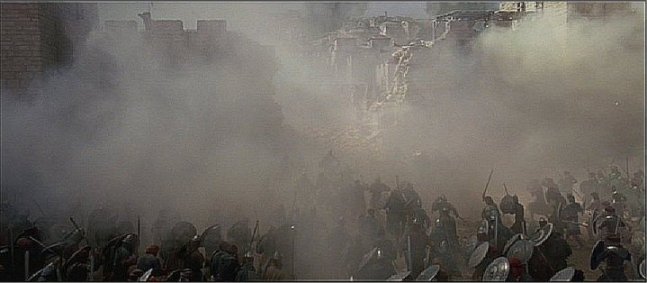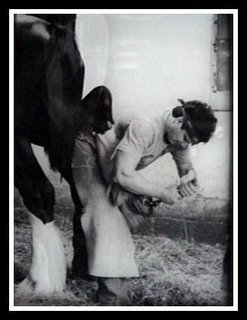Project Hero
QandO has the next Silver Star recipient tribute up on their site.
Our hero this week is SSG Anthony Viggiani, Navy Cross

Our hero this week is SSG Anthony Viggiani, Navy Cross
Viggiani’s June 3, 2004, patrol with Company C, Battalion Landing Team, 1st Battalion, 6th Marines, 22nd Marine Expeditionary Unit started out like many days in the Zabol Province of Afghanistan.
“We were rolling through and got intel reports to sweep a village,” he said. “And we got reports that they had spotted some guys.”
Soon, Viggiani led a squad on a chase of the insurgents, which led them into mountainous terrain that thwarted some of the technological advantages normally held by U.S. forces.
“We had no idea where our second squad was because of the mountains,” he recalled. “The radio transmissions were pretty jacked up.”
Enemy forces began firing on one of Viggiani’s teams from a well-entrenched cave position, pinning them down.
Under fire from another enemy position, Viggiani scrambled to lob a fragmentation grenade into a cave holding the forces that had trapped one of his teams with furious gunfire.
“I’ve got a rifle in my right, a frag in my left,” he said of his race down a ridge to take out the cave position. Soon, Viggiani saw a small hole leading into the cave. The enemy was close.
“I saw a cloth in there and fired three or four rounds inside,” he said. “The cloth moved, and I saw skin. I fired about three, four more rounds. Then I pulled the pin on the frag, dropped it down, took two steps and plastered myself against the rock. [Expletive] went everywhere. Cloth, blood, everything.”
Soon, machine gun fire came in Viggiani’s direction from across the way. He took a shot to the leg as he and another noncommissioned officer tried to avoid the fire. Air support soon came through and cleaned out the enemy position that had hit Viggiani.
Three to four hours after spotting the enemy forces, Viggiani’s company took out 14 enemy fighters.
Seeking medical treatment for his wound during a lull in fighting, while the enemy was still precariously close, was just not an option that day, he said.
Instead, Viggiani focused on the other guys who were injured, and how things could have been much worse.









 BlogHop.com
BlogHop.com







0 Comments:
|Post a Comment
<< Home